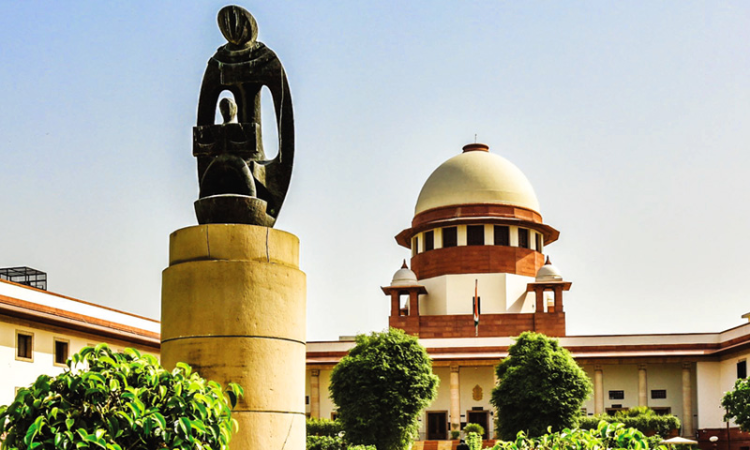Supreme Court Dismisses Transfer Plea of Dera Sacha Sauda Members In Matter Pertaining To Sacrilege Of Holy Book
Radhika Roy
26 Nov 2020 9:16 AM IST

Next Story
26 Nov 2020 9:16 AM IST
Supreme Court on Wednesday dismissed the transfer petition filed by members of Dera Sacha Sauda wherein they sought for the transfer of cases pertaining to sacrilege outside of the State of Punjab.A Single-Judge Bench of Justice Hrishikesh Roy noted in the Order that "The transfer of trial from one State to another would inevitably reflect on the credibility of the State's judiciary....
